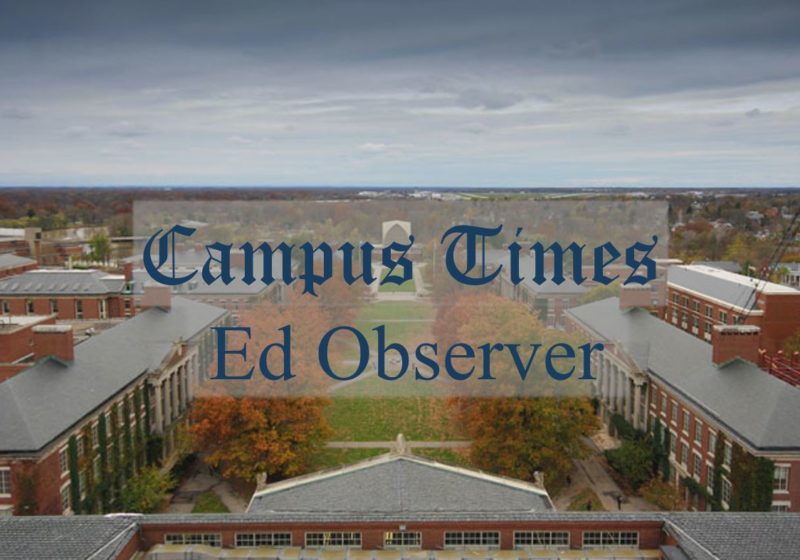In a perfect world, Joy Williams would be one of the world’s greatest writers, a talent as widely recognized as her more commercial peers. A quintessential “writer’s writer,” Williams’ work is instead mainly championed in writing workshops, where her blunt, darkly funny, and oft-surreal prose is widely shared. Take this passage from “Chicken Hill,” where a young girl shows an elderly woman some drawings she has just done:
“She was not an appealing child, but she didn’t seem mentally deficient or malformed, either. Still, she was something of a runt, made more runtlike by the enormous backpack she wore. From this pink, somewhat smelly apparatus she extracted several pieces of construction paper.
“‘These aren’t good at all!’ Ruth exclaimed. She was sincerely dismayed.
“‘I’m just beginning,” the child said. ‘I should be encouraged.’
“‘Not by me, I’m afraid,’ Ruth said.”
The first time I read this, it set my brain on fire. I sought out a fellow workshop member and asked, breathless, if they remembered a different, equally brilliant Joy Williams story we’d all been assigned, if they wanted to read this one as well, if the humor of Ruth’s coldness and the liveliness of that tragic backpack excited them as it did me.
“Oh, that class?” they said with a laugh. “You assume I ever read anything in that class?”
It wasn’t the first time I’d gotten such an answer. I understand that most times, there’s just too much assigned reading to get to all of it. I understand that many students have pressing, real-life commitments which make comparative frivolities like reading and writing for fun a pipe dream. I understand that some prose and poetry just don’t connect with people, and that it’s nobody’s fault.
But these answers about the Williams readings had a dismissiveness to them that went beyond the usual “lol too much work, what are these professors thinking?” People thought the work was “weird” or “difficult.” It required investing an amount of effort that was seen as excessive, maybe even perverse. It was an add-on to the student work we all had to offer feedback on each week, work that consistently got excellent professor analysis but inconsistent and surface-level student analysis. (I once put forward a story I’d spent over a month on, only to receive the complaint that my narrator’s exact age was never explicitly stated.)
Jokes about free time and easy As aside, I don’t think the humanities are as underappreciated at this University as some people like to pretend. No one has ever told me that English wasn’t worth studying, or would make me completely unemployable. On-campus arts literacy is quite high — the average student seems to have a music taste that is both encyclopedic and diverse, and many of the most artistically knowledgeable people I know are mechanical engineers.
If these dismissive beliefs are held about the “worth” of an entire field, it’s subconsciously. They pop out in how people prioritize their time, which classes they decide to actually make an effort in. They pop out when people sign up for a writing workshop — the central course of my major — as a way of “blowing off steam” between STEM classes. They pop out when kids don’t offer any feedback in class, and instead doodle on the copies of the story I just spent $20 of URos on for printing. They pop out when any feedback begins and ends with “I liked it” or “I didn’t like it.”
No one is asking for perfection, because it will never be found in an undergraduate creative writing workshop (or in a studio arts class for that matter, most of which are closed to seniors to prevent this exact dynamic from developing). No one is asking for realist literary fiction in the vein of Updike or Carver, and the less Hemingway worship the better.
But your insecurity over your capacity to express yourself artistically should have no effect on how much you try to express yourself. Every person has the requisite emotional depth and life experience to share insightful and human observations about existence — not every person has the skills and experience to do so coherently. Funny enough, that’s exactly what these “creative” classes are supposed to teach.
Just showing up to relax and writing “when you feel like it” — a perfectly valid pursuit — is what Nanowrimo and A03 are for. It just shouldn’t get you four credits. All people are entitled to leisure time. These classes are not where you should be spending yours.






